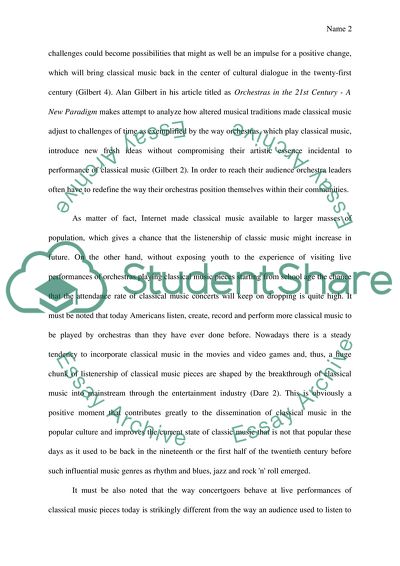Cite this document
(The Prospects of Classical Music in Modern-Day World Essay, n.d.)
The Prospects of Classical Music in Modern-Day World Essay. https://studentshare.org/music/1873777-see-prompt
The Prospects of Classical Music in Modern-Day World Essay. https://studentshare.org/music/1873777-see-prompt
(The Prospects of Classical Music in Modern-Day World Essay)
The Prospects of Classical Music in Modern-Day World Essay. https://studentshare.org/music/1873777-see-prompt.
The Prospects of Classical Music in Modern-Day World Essay. https://studentshare.org/music/1873777-see-prompt.
“The Prospects of Classical Music in Modern-Day World Essay”. https://studentshare.org/music/1873777-see-prompt.


